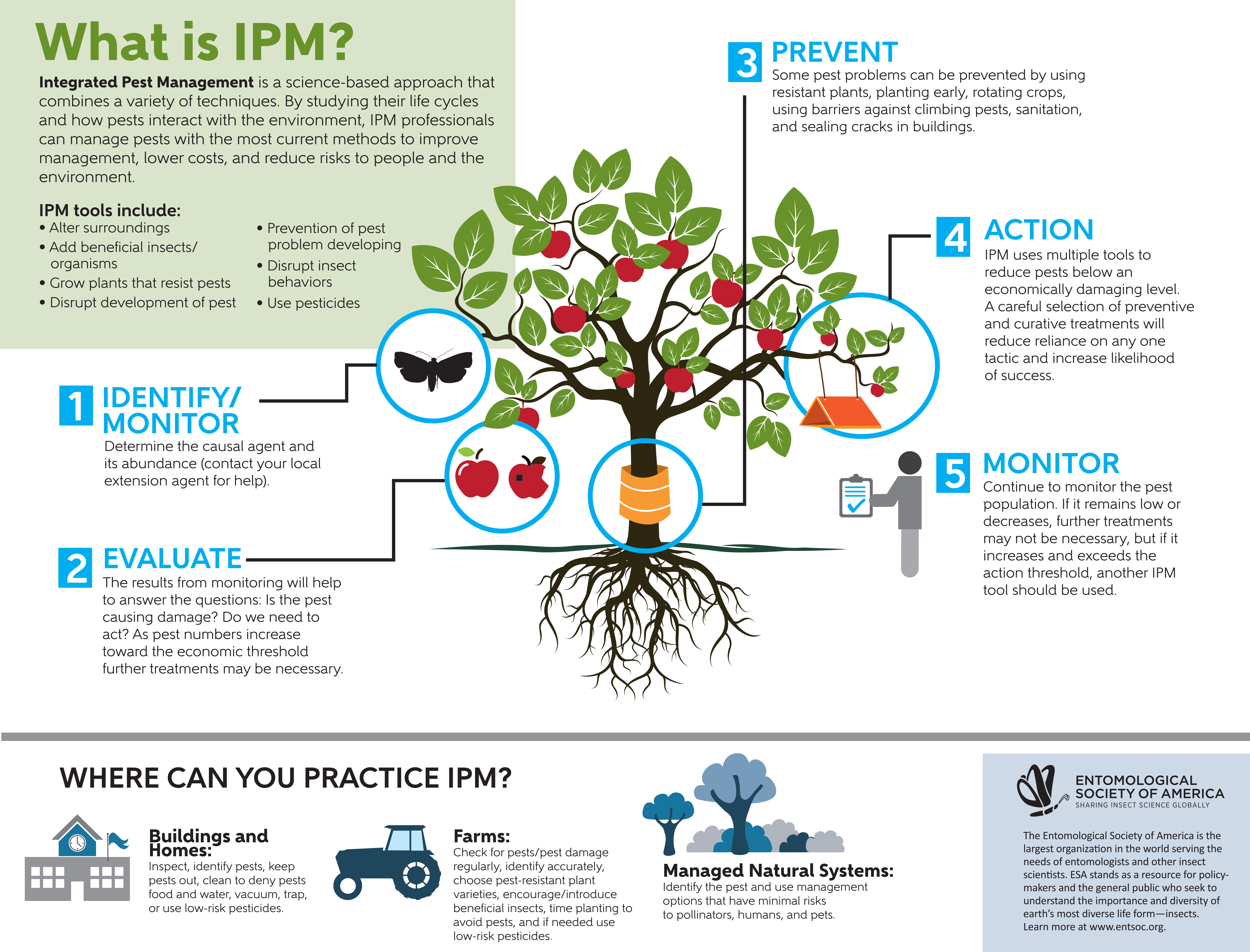Tips For Homeowners: Exactly How To Keep Rodents Out Of Your Attic
Tips For Homeowners: Exactly How To Keep Rodents Out Of Your Attic
Blog Article
Created By-Ellegaard Degn
Envision your attic as a comfortable Airbnb for rodents, with insulation as fluffy as hotel pillows and electrical wiring a lot more enticing than area solution. Now, visualize pest control manchester tn tossing a wild event in your home while you're away. As a homeowner, ensuring your attic room is rodent-proof is not just about assurance; it has to do with protecting your residential property and liked ones. So, what basic steps can you require to guard your haven from these fuzzy intruders?
Examine for Access Points
To start rodent-proofing your attic room, inspect for entry points. Beginning by thoroughly analyzing the outside of your home, seeking any openings that rodents could use to access to your attic. Check for voids around utility lines, vents, and pipes, as well as any kind of cracks or holes in the structure or exterior siding. Make certain to pay close attention to areas where various structure materials satisfy, as these prevail entrance factors for rats.
Additionally, inspect the roof covering for any type of harmed or missing tiles, in addition to any type of spaces around the sides where rats might press via. Inside the attic, look for indicators of existing rodent activity such as droppings, chewed wires, or nesting materials. Make use of a flashlight to thoroughly inspect dark corners and surprise areas.
Seal Cracks and Gaps
Check your attic room completely for any cracks and gaps that need to be sealed to stop rats from entering. Rats can press through even the tiniest openings, so it's essential to seal any potential entrance factors. https://www.pctonline.com/news/all-u-need-pest-opens-st-augustine-florida-office/ around pipes, vents, cable televisions, and where the wall surfaces satisfy the roof. Use a combination of steel woollen and caulking to seal these openings effectively. Steel wool is an outstanding deterrent as rodents can't eat via it. Guarantee that all spaces are tightly secured to refute access to unwanted pests.
Don't ignore the significance of sealing gaps around windows and doors also. Use weather condition removing or door moves to seal these locations effectively. Examine the areas where energy lines go into the attic room and seal them off making use of an appropriate sealant. By putting in the time to seal all splits and voids in your attic, you develop a barrier that rats will locate hard to breach. Avoidance is type in rodent-proofing your attic room, so be complete in your efforts to seal any prospective entry factors.
Remove Food Sources
Take positive actions to eliminate or save all prospective food resources in your attic to hinder rats from infesting the area. Rodents are attracted to food, so eliminating their food resources is essential in maintaining them out of your attic.
Right here's what you can do:
1. ** Shop food firmly **: Stay clear of leaving any food things in the attic room. Shop all food in closed containers constructed from metal or durable plastic to prevent rats from accessing them.
2. ** Tidy up particles **: Eliminate any type of heaps of debris, such as old newspapers, cardboard boxes, or timber scraps, that rats could utilize as nesting material or food resources. Keep the attic clutter-free to make it much less appealing to rodents.
3. ** Dispose of garbage correctly **: If you utilize your attic for storage space and have waste or waste up there, ensure to take care of it on a regular basis and effectively. Decaying trash bin draw in rodents, so keep the attic room clean and without any kind of organic waste.
Conclusion
To conclude, remember that an ounce of prevention is worth a pound of remedy when it concerns rodent-proofing your attic.
By putting in the time to examine for access points, seal splits and spaces, and get rid of food resources, you can keep unwanted bugs at bay.
Remember, 'An ounce of prevention deserves a pound of cure' - Benjamin Franklin.
Keep proactive and protect your home from rodent invasions.
